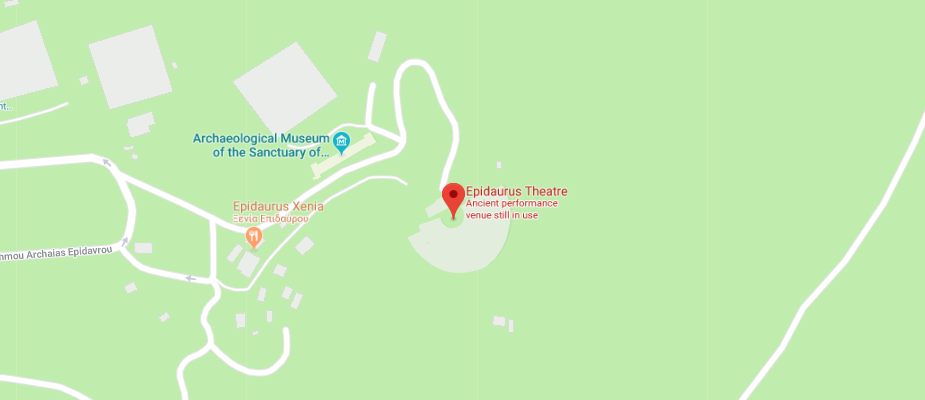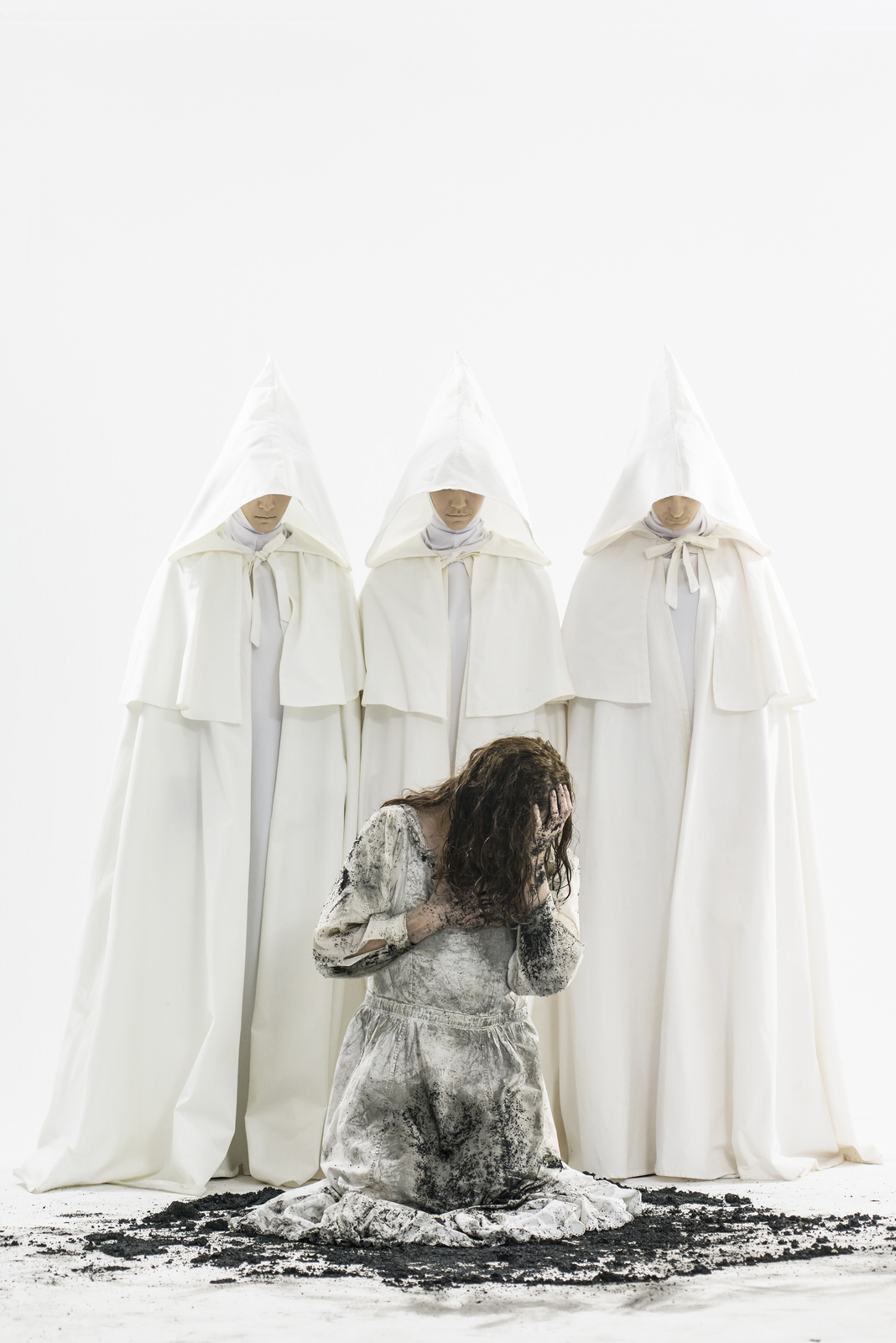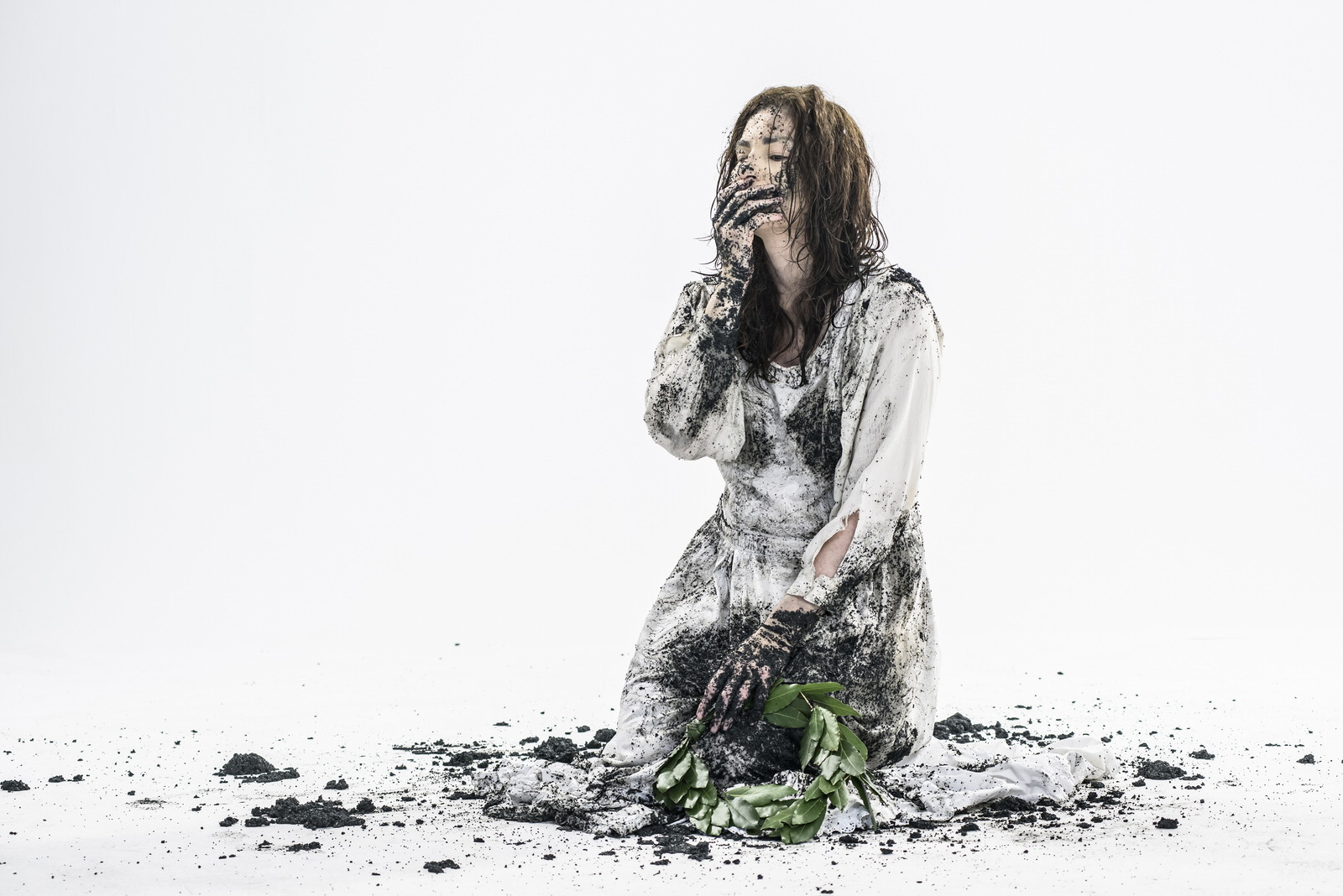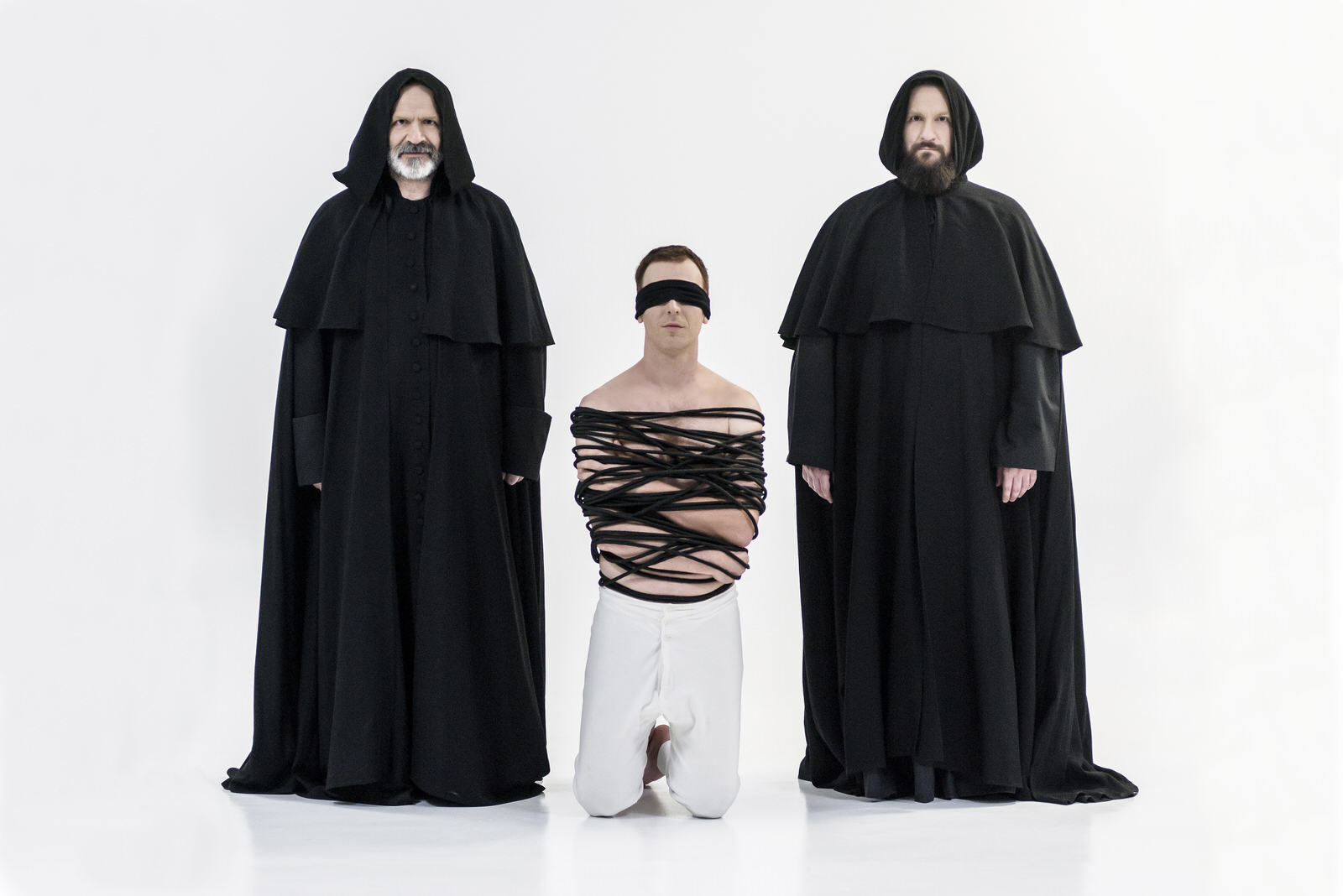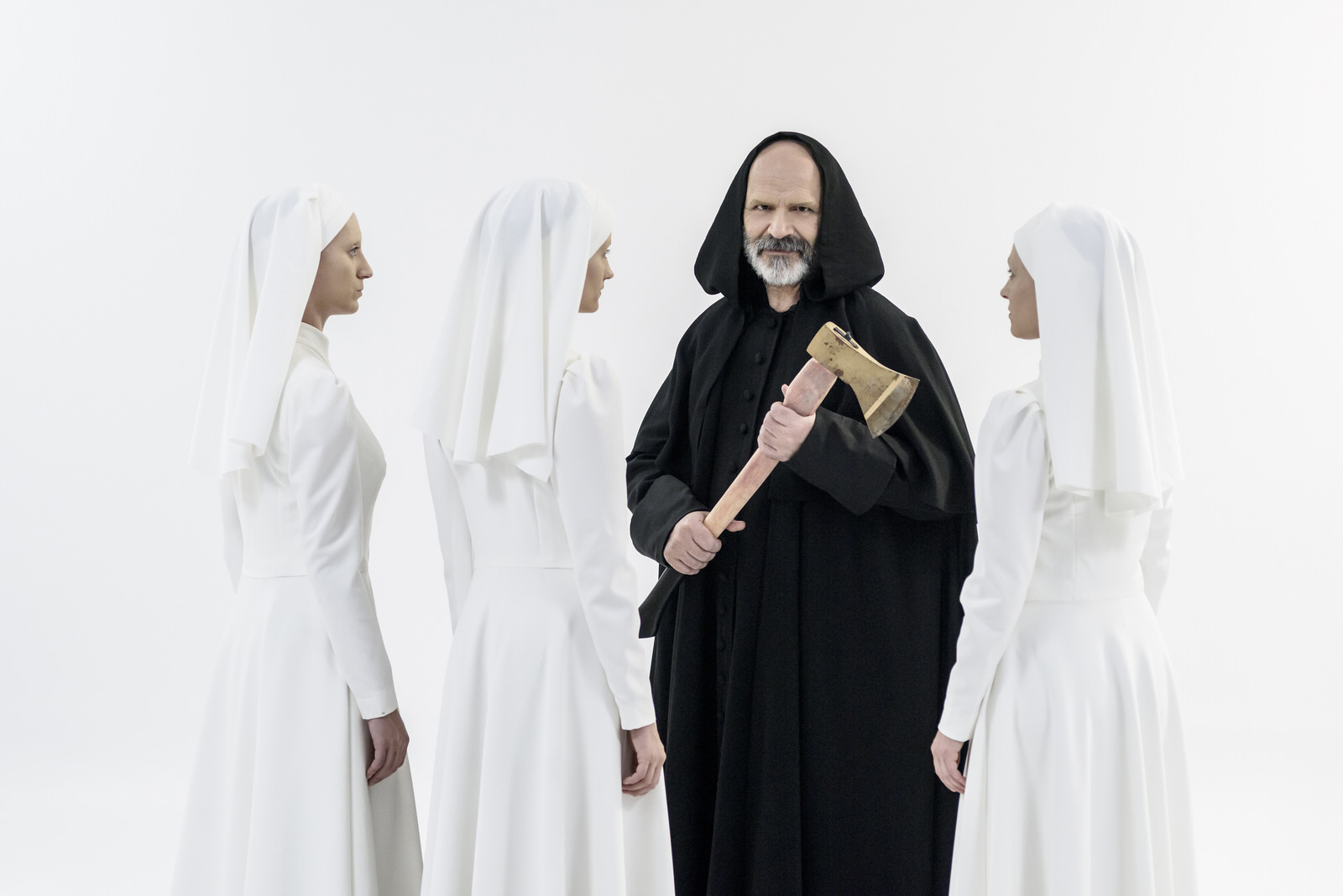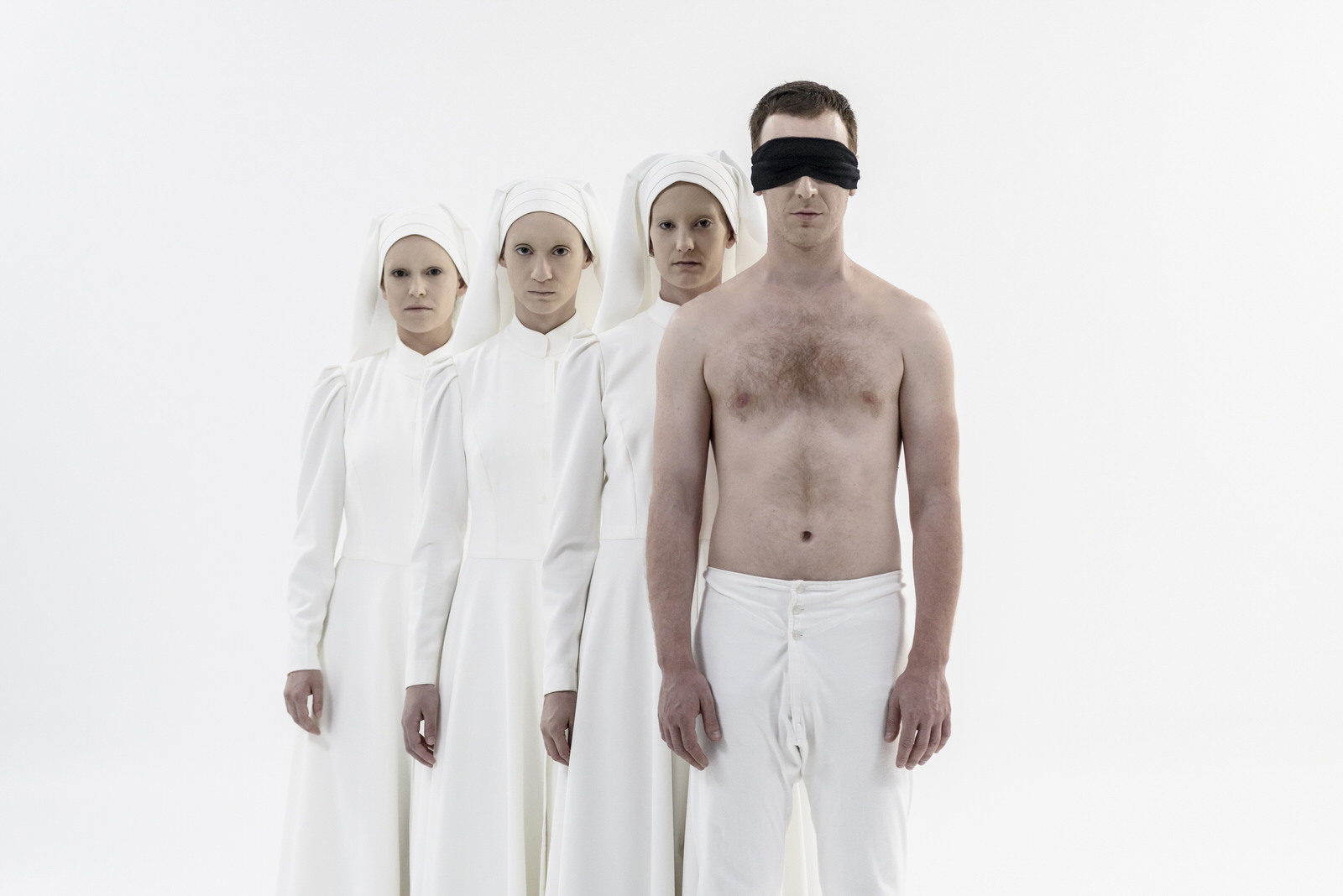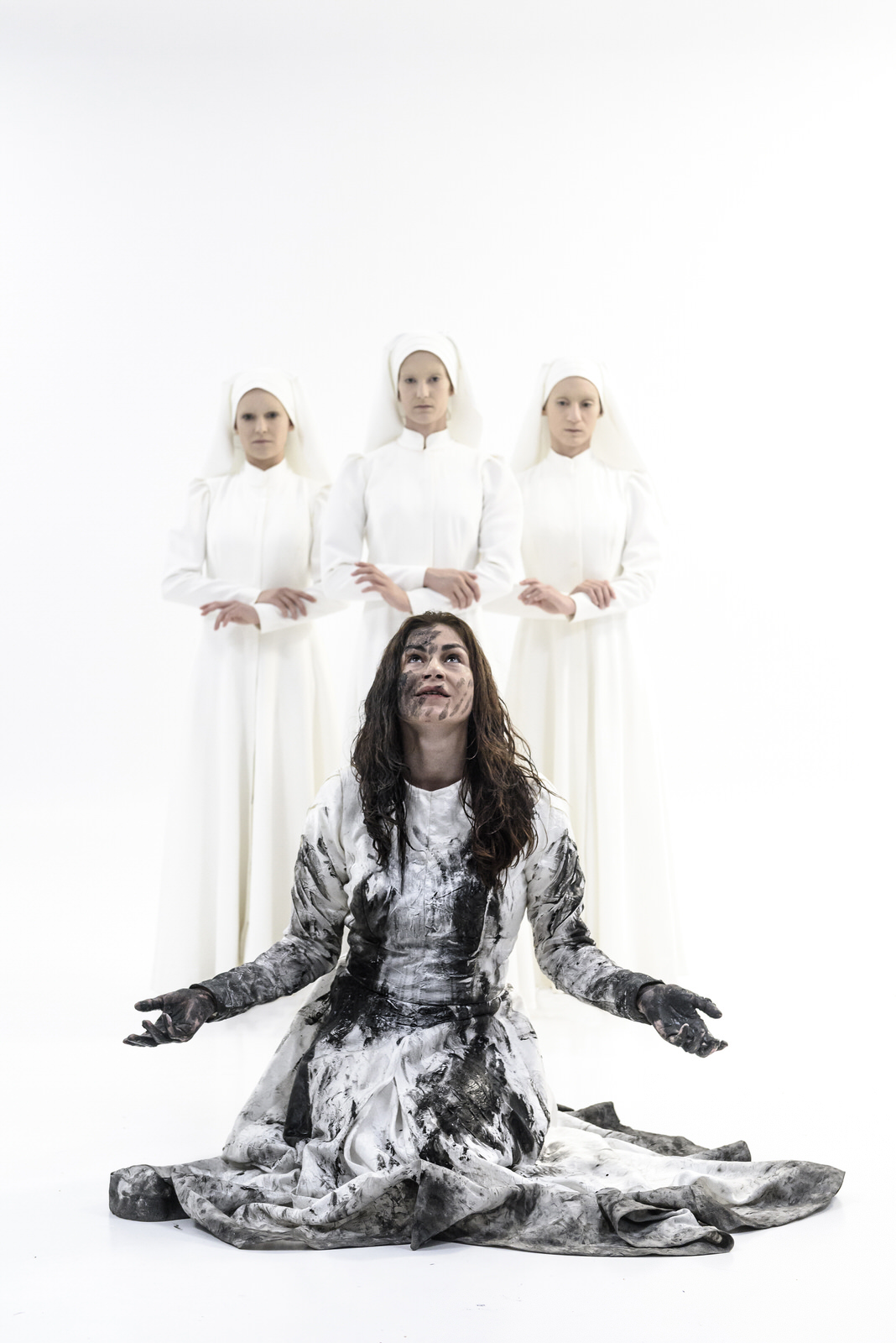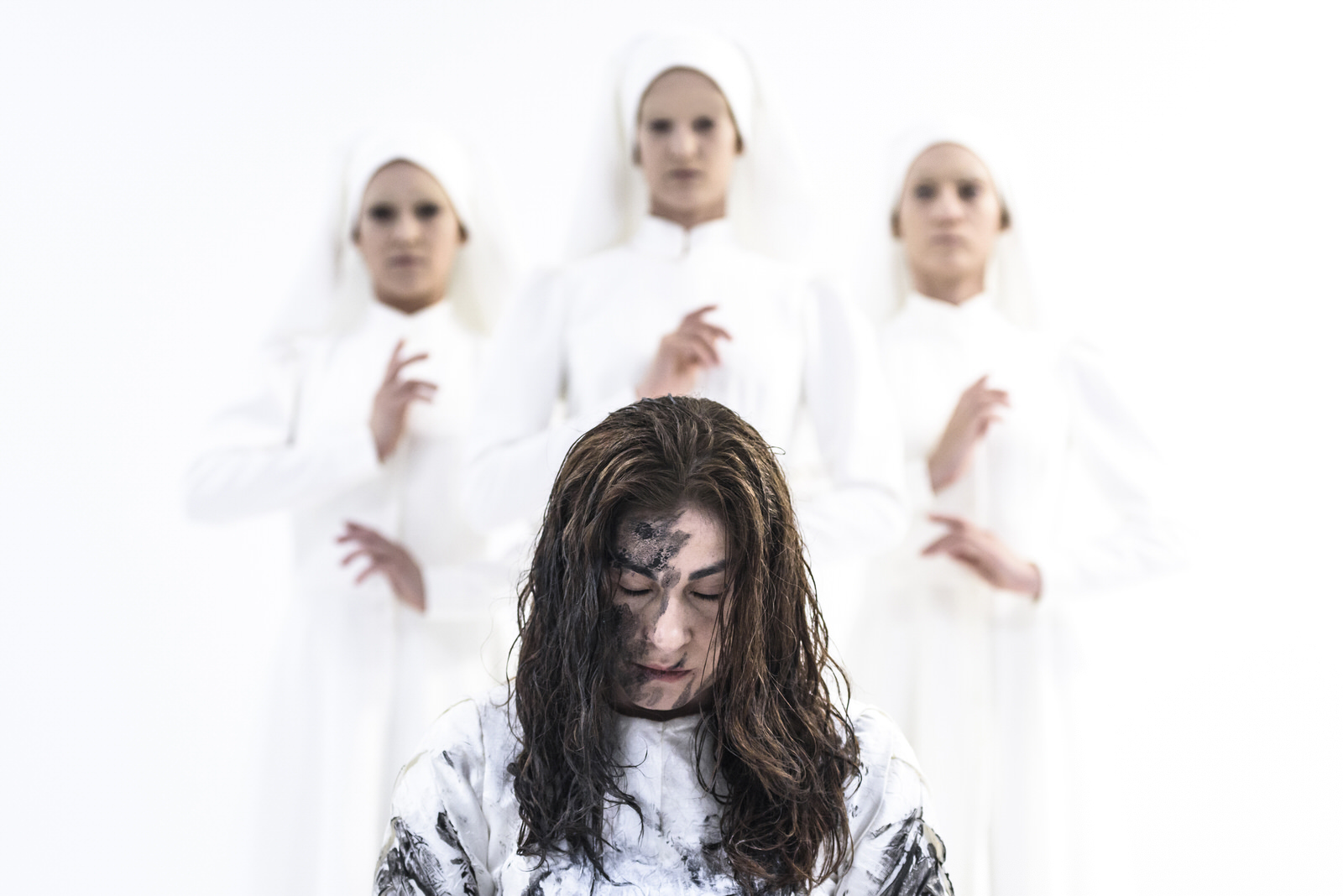Electra, a late work of Sophocles, written circa 412-411 B.C., dramatizes one of the bleakest episodes in the Atreidae mythology: the revenge for Agamemnon’s murder. The main character, Electra, constantly relives the murder of her father, imploring the gods to punish his murderers. Her lust for revenge is rekindled by the return of her brother, the exiled Orestes. Their plans of punishment will culminate in matricide. Sophocles’ drama focuses on Electra, eschewing the moral problematics of matricide. Revenge is a conscious choice of the characters rather than a mandate of the gods. Human emotions rule supreme, exposing the characters’ vulnerabilities and echoing the late 5th century mindset.Under the influence of the Sophists, the spirit of the era refrains from the type of certainties and simplistic interpretations that were so prevalent in the ancient world.
With English surtitles
Translation: Giorgos Chimonas
Direction: Thanos Papakonstantinou
Set and costume design: Niki Psychogiou
Lighting design: Christina Thanasoula
Music: Dimitris Skyllas
Choreography: Chara Kotsali
First assistant to the director: Marios Panagiotou
Second assistant to the director: Vasilis Vilaras
Cast: Alexia Kaltsiki (Electra), Maria Nafpliotou (Clytemnestra), Alexandros Mavropoulos (Orestes), Christos Loulis (Aegisthus), Eleni Moleski (Chrysothemis), Marios Panagiotou (Pylades), Nikos Chatzopoulos (Tutor), Chorus: Asimina Anastasopoulou, Sofia Antoniou, Ioanna Demertzidou, Nadia Katsoura, Eleni Koutsioumpa, Kleopatra Markou, Maria Mina, Ioanna Michala, Tzortzina Palaitheodorou, Nancy Sideri, Kalliopi Simou, Danae Tikou
Sponsored by Athens International Airport
Written in the shadow of the Peloponnesian War, Electra is one of Sophocles’ most brutal plays. From the very first scene, the return of matricide Orestes, to the final scene with the victorious battle-cries of the chorus, the entire play is structured as an interplay of light and darkness; a battle of contradictions built around a trial, a violated balance and the need to redress that balance. Sophocles invites us to watch the workings of the natural world – the law of retaliation – through the lens of civil conflict.
Sophocles is not interested in the morality of the issue at hand. Whether balance will be restored in a peaceful or violent manner is irrelevant. Violence pervades human relationships. Violence breeds violence: wrongdoing invites retaliation. The fact that revenge here, in the form of matricide, goes far beyond what is normally expected in a so-called civilized society is also irrelevant. Sophocles’ Electra calls for retribution rather than justice.




